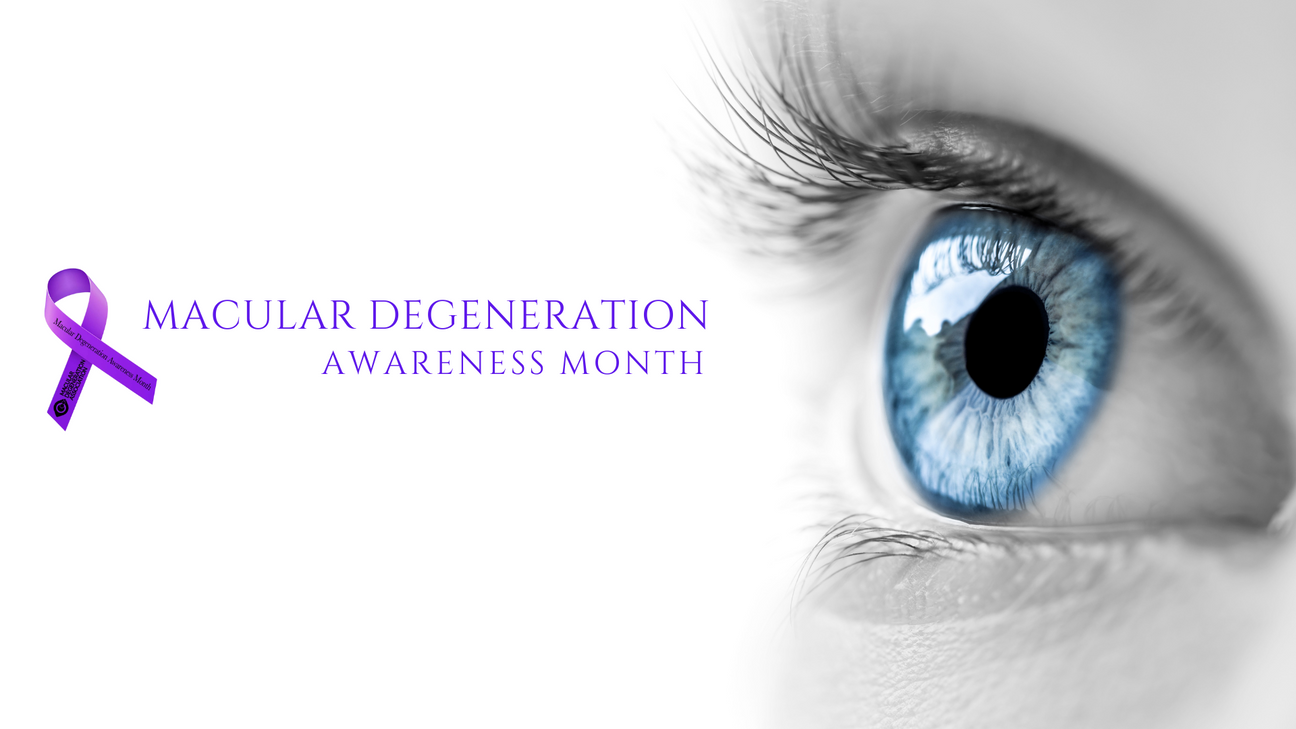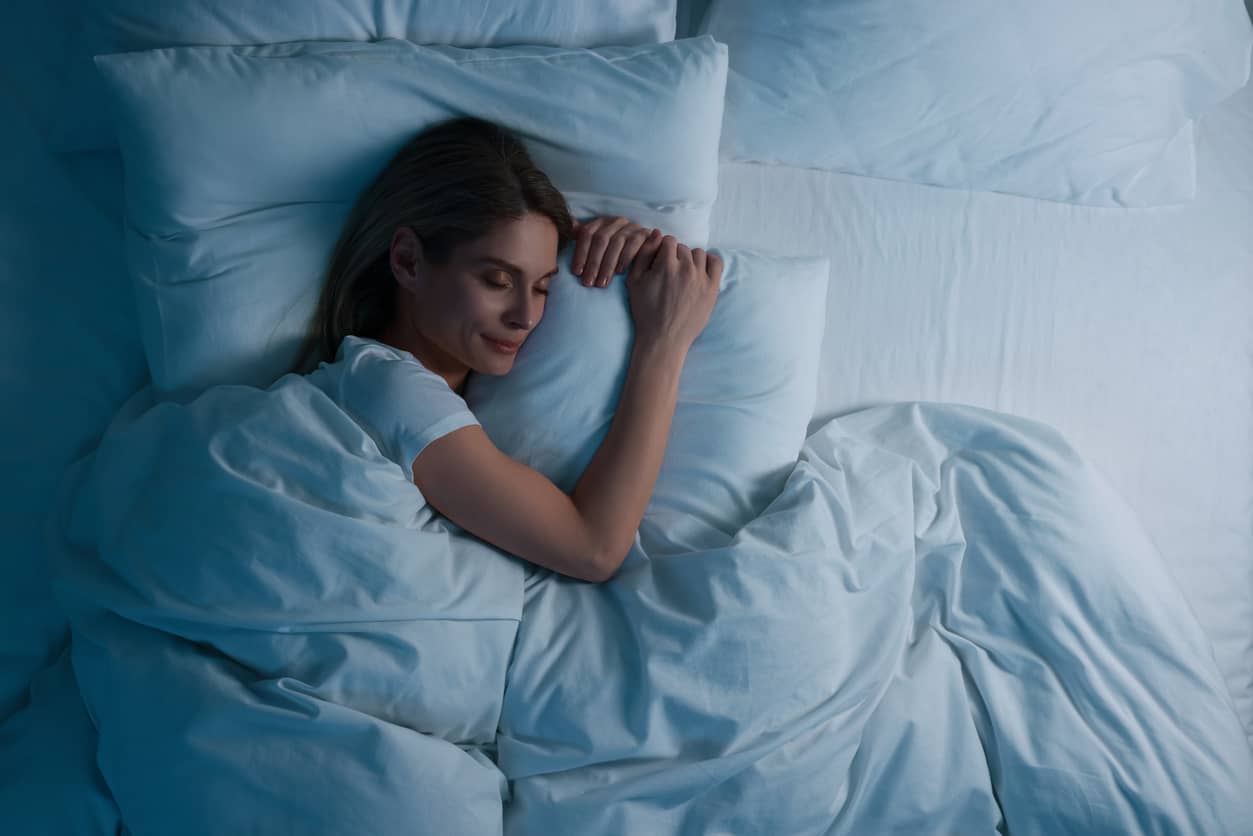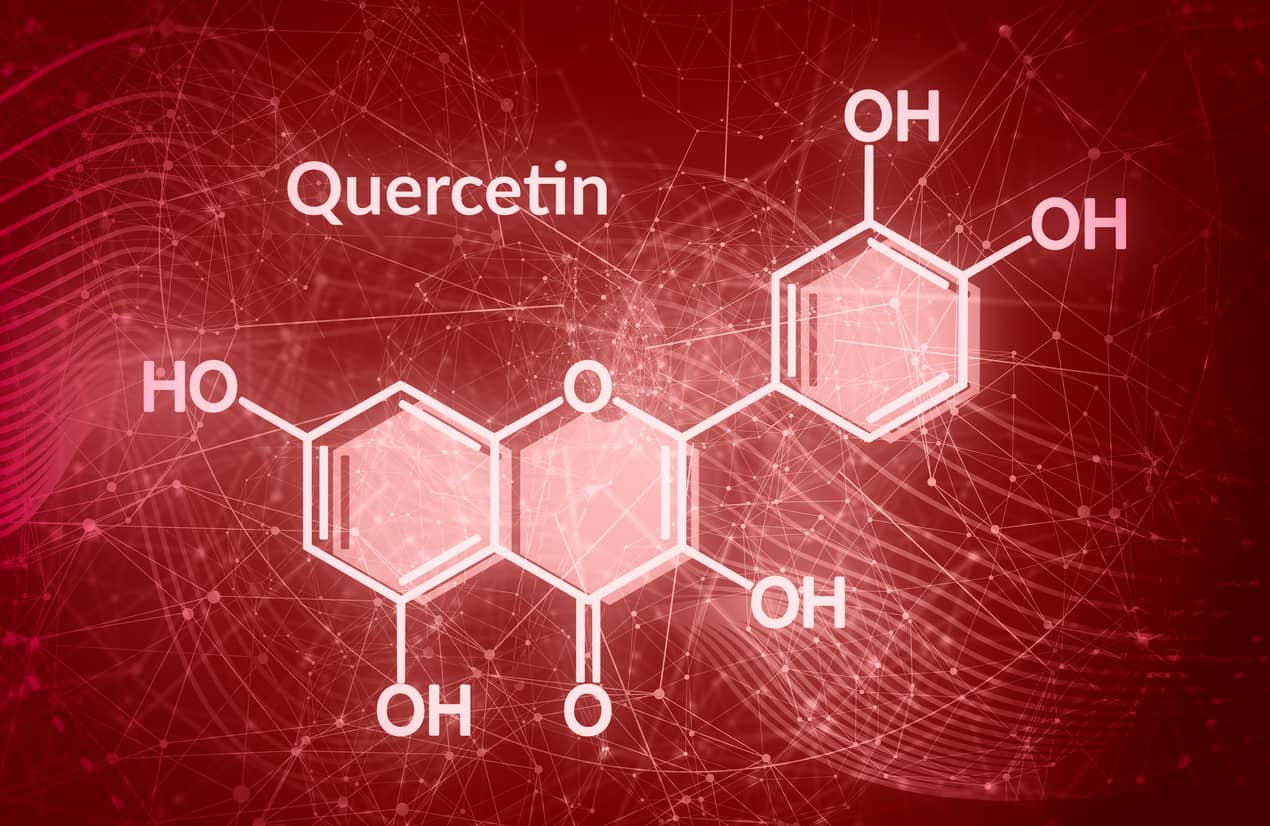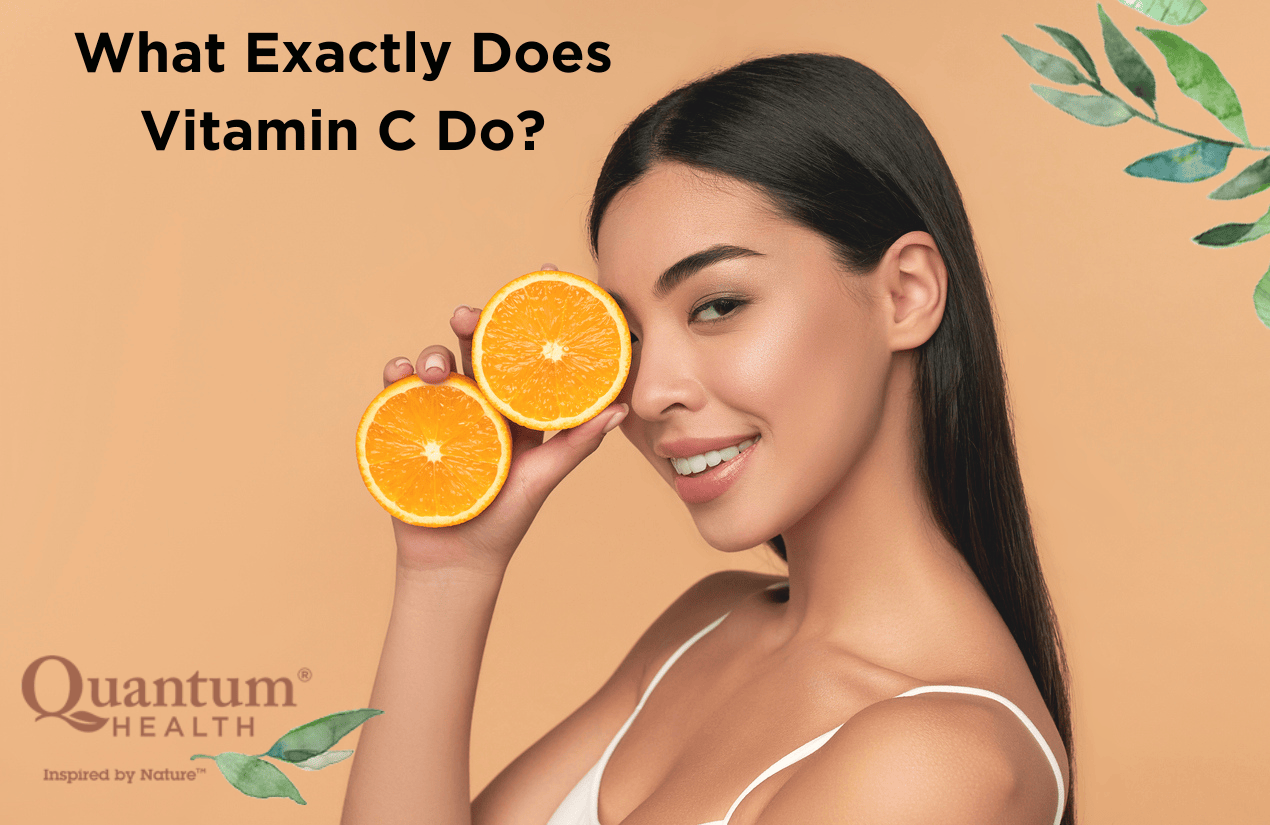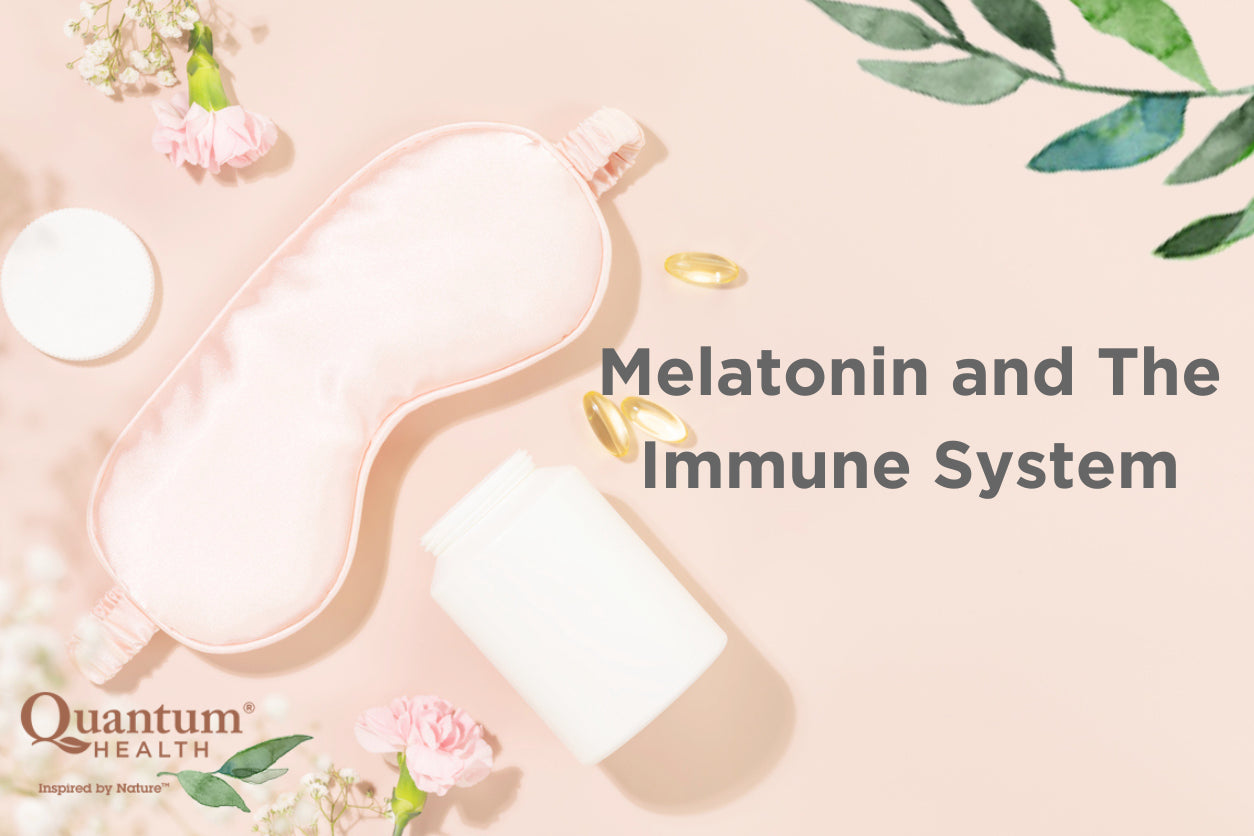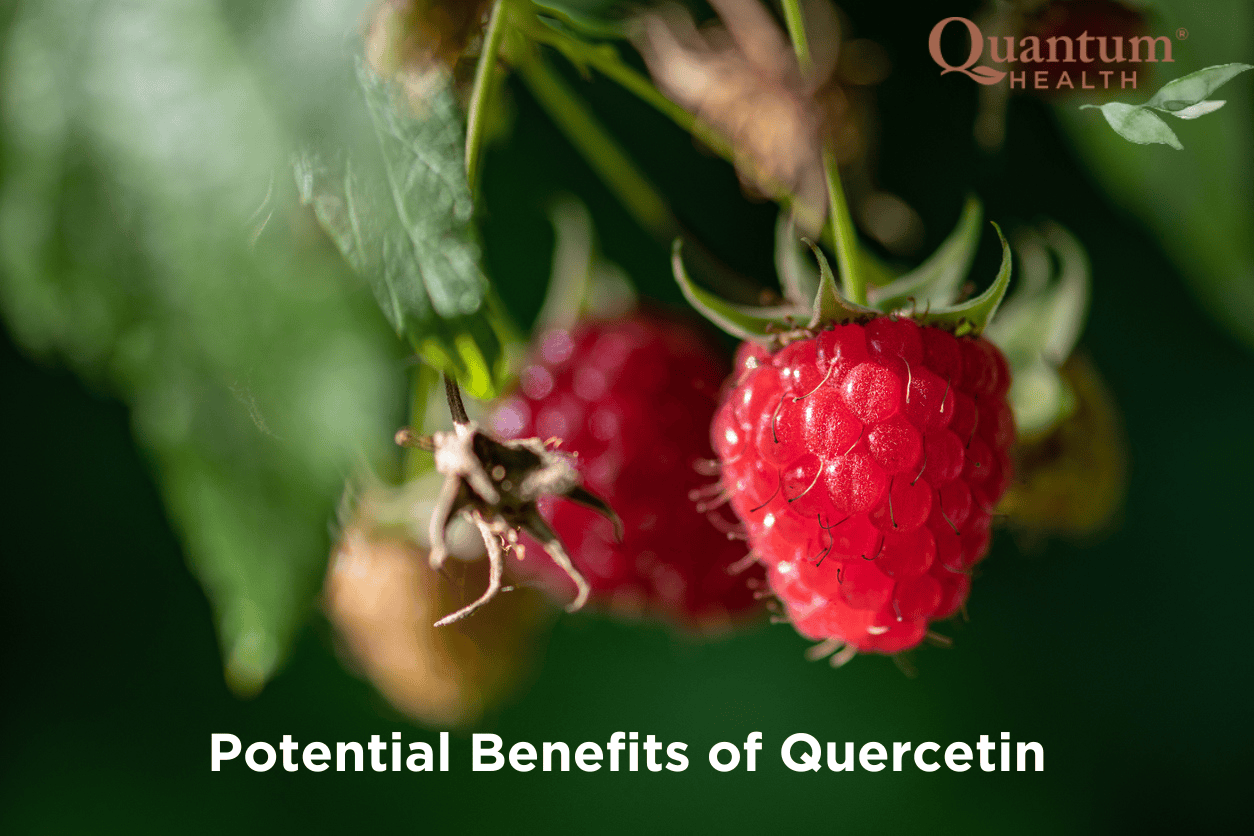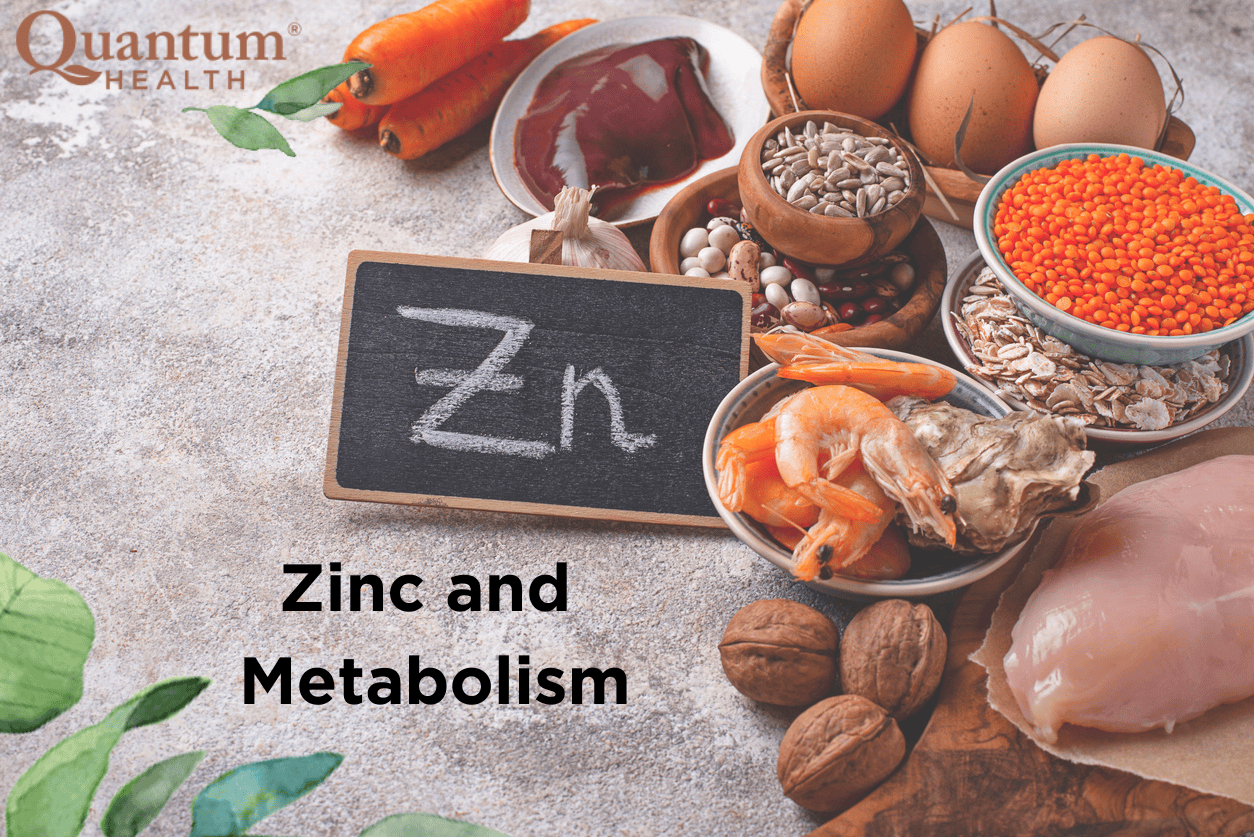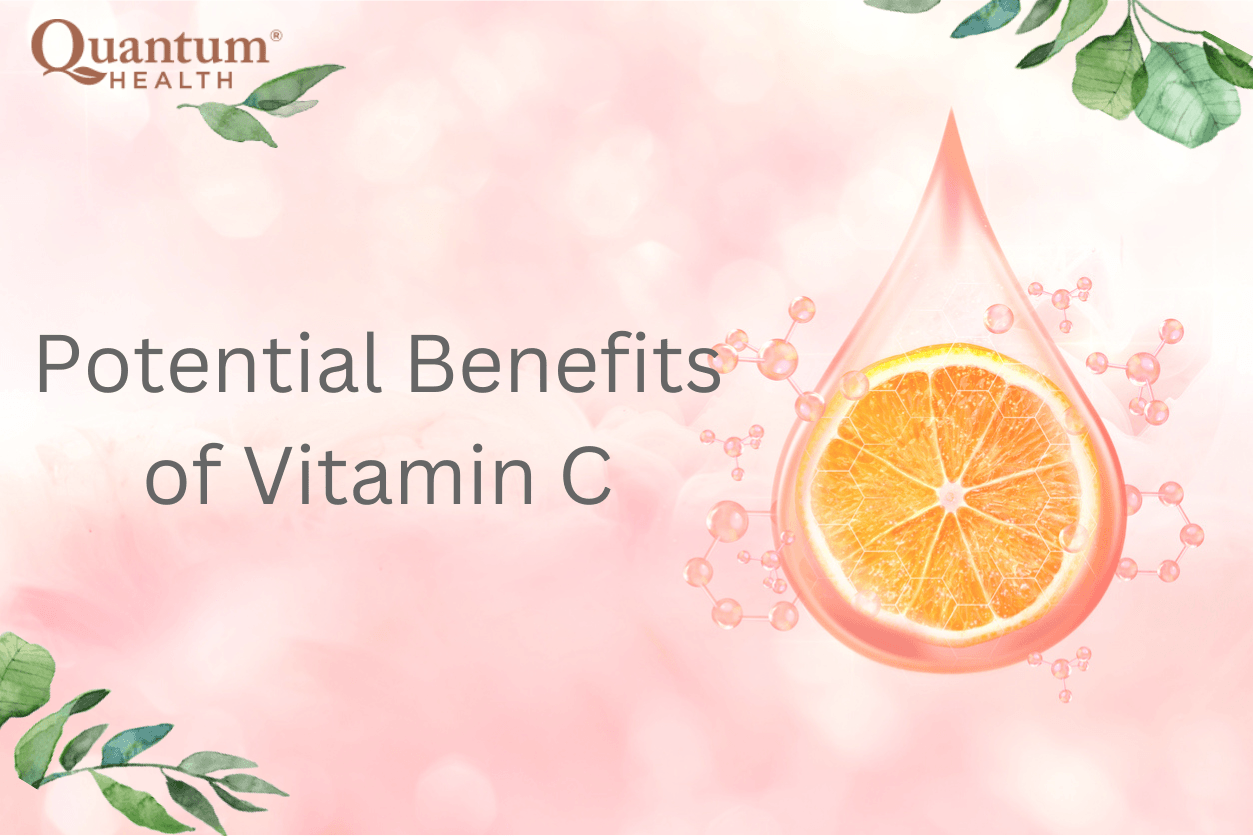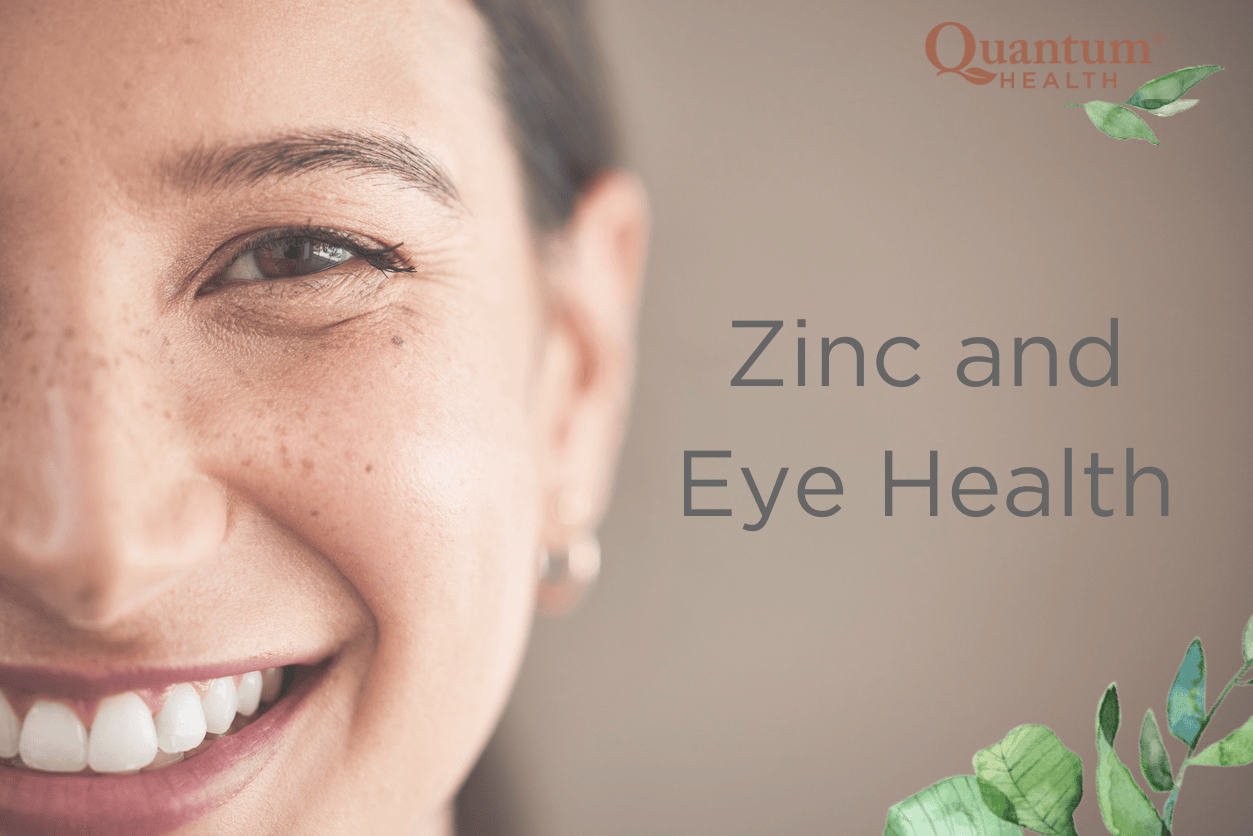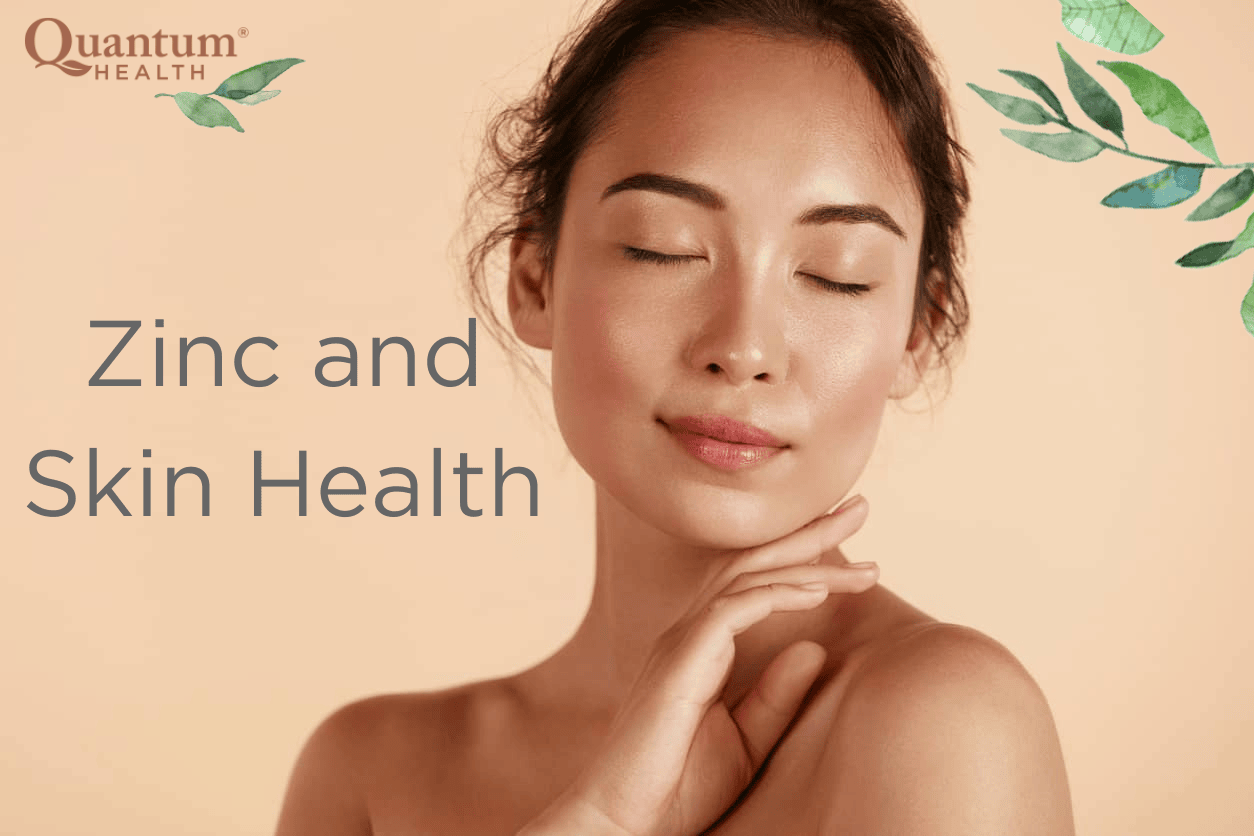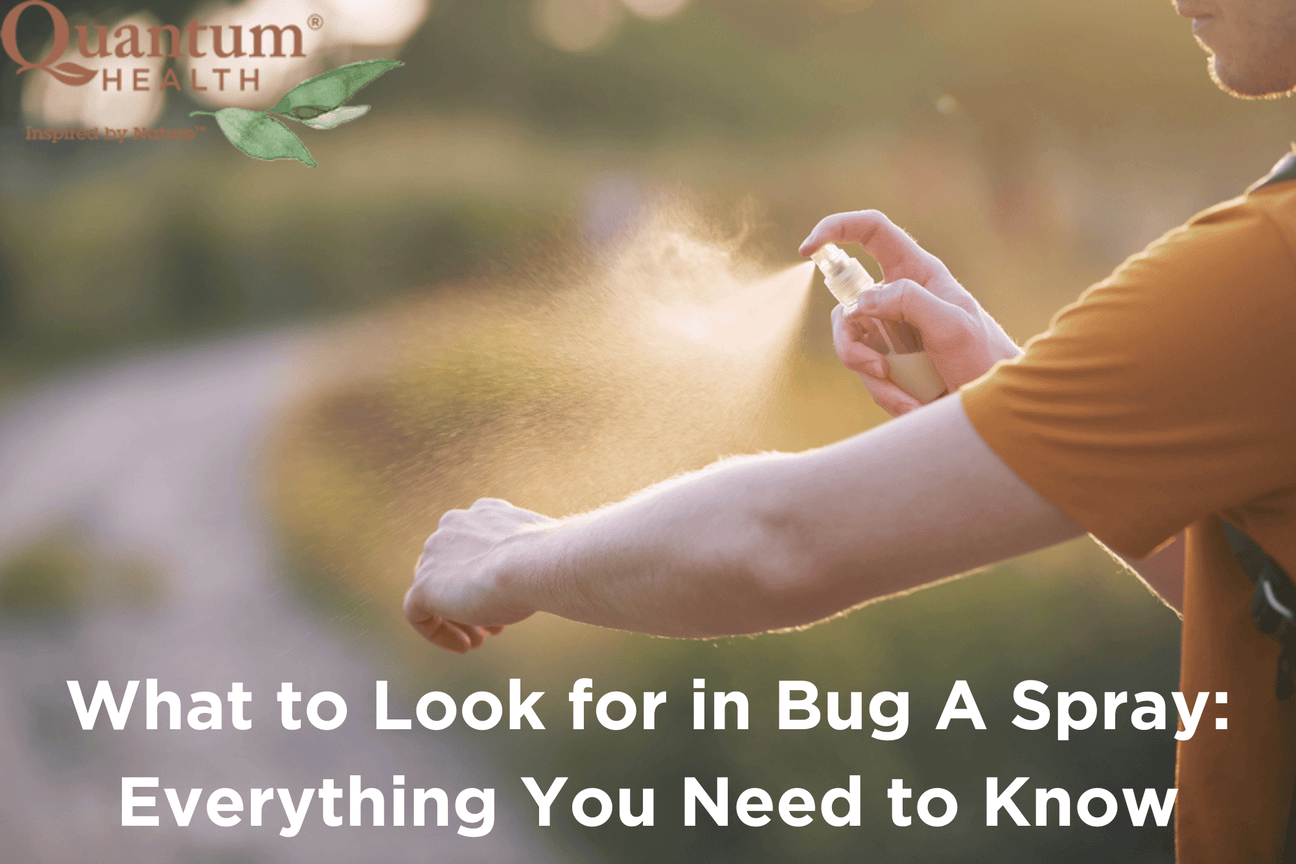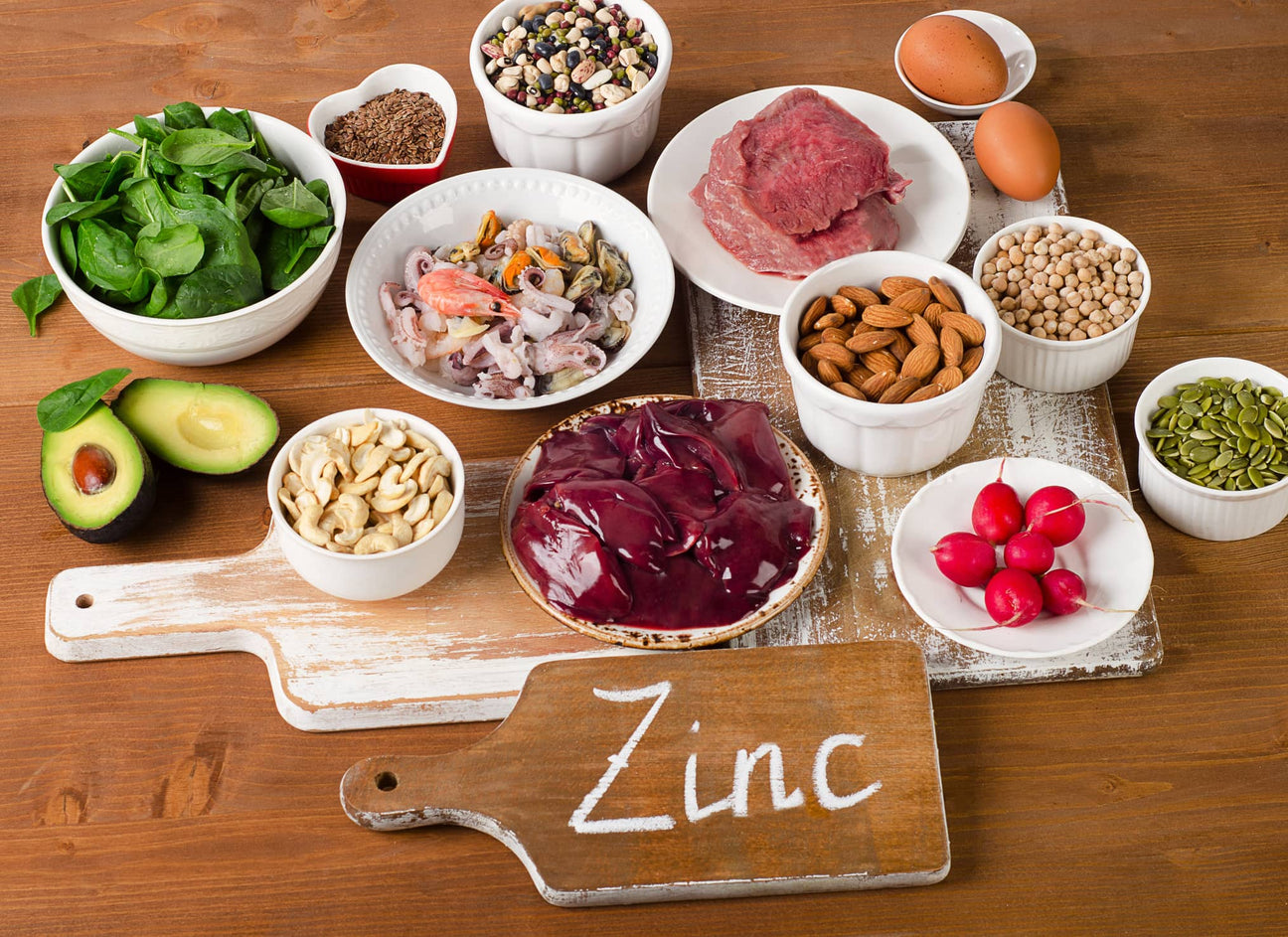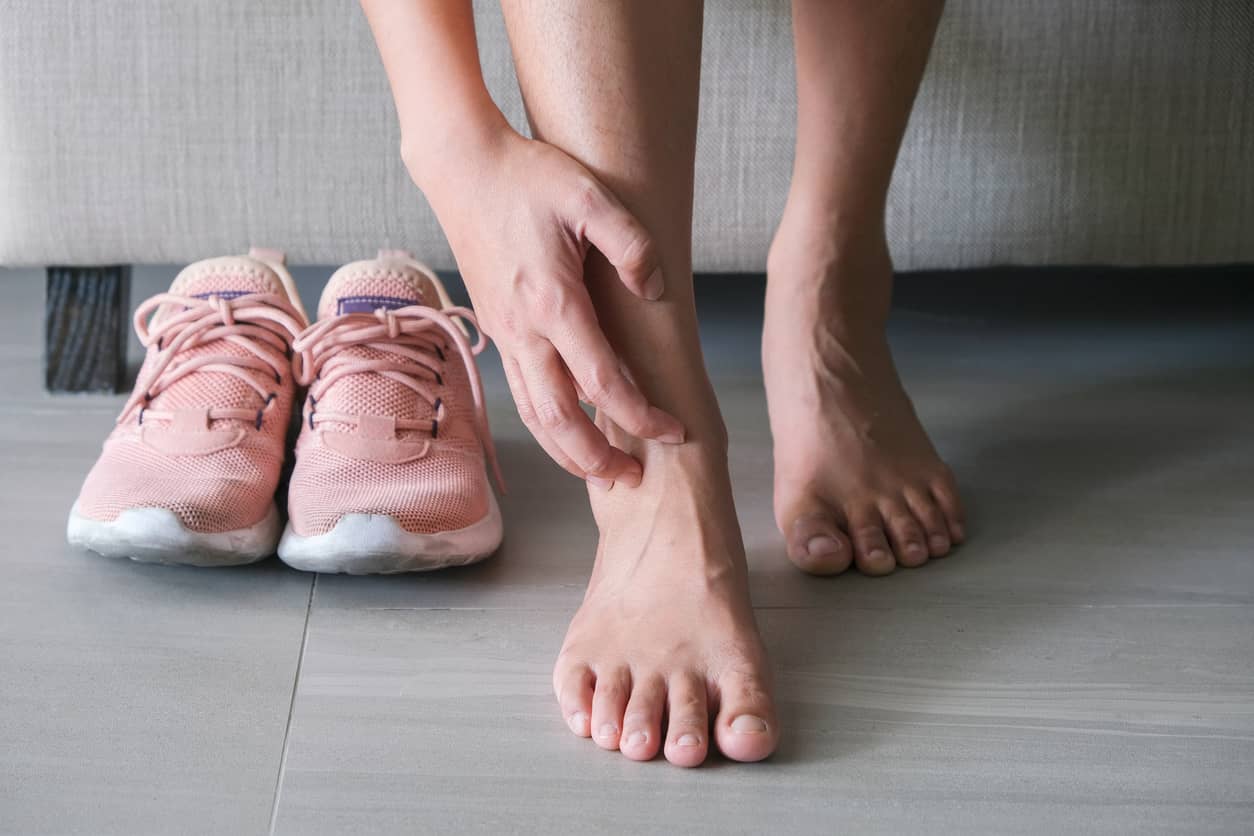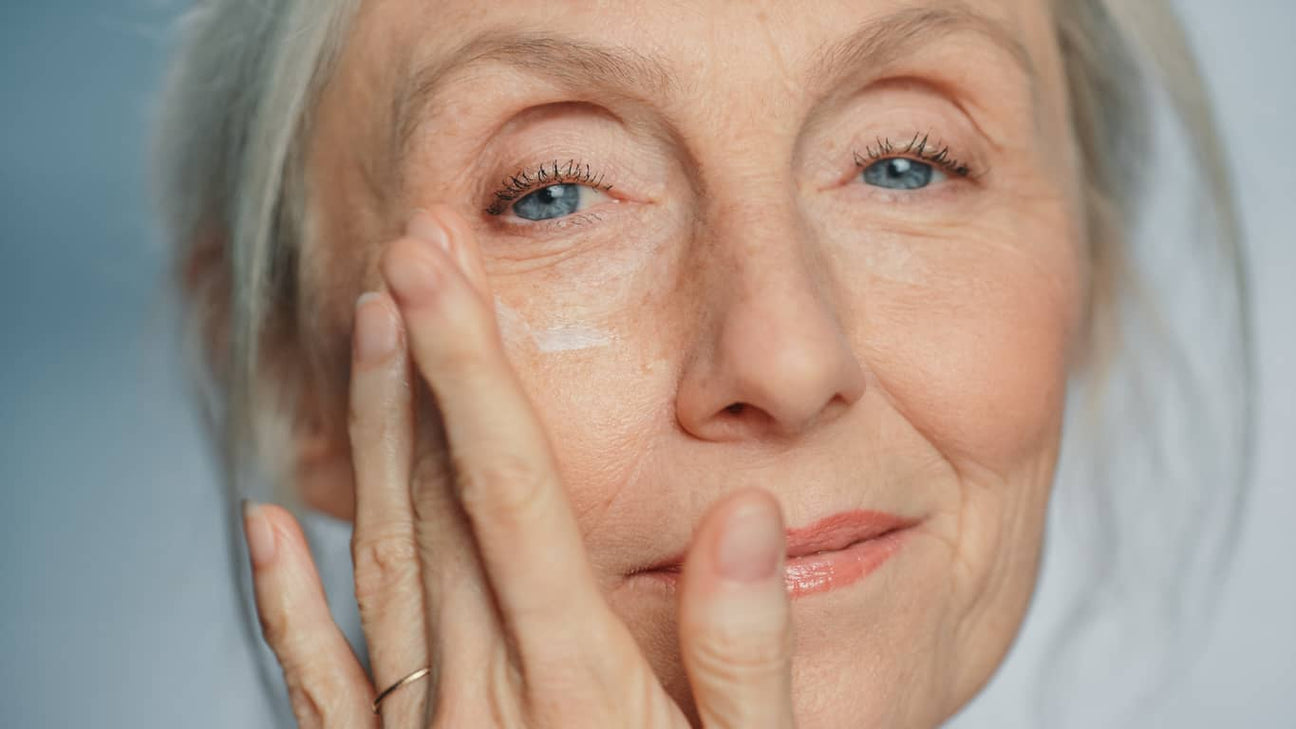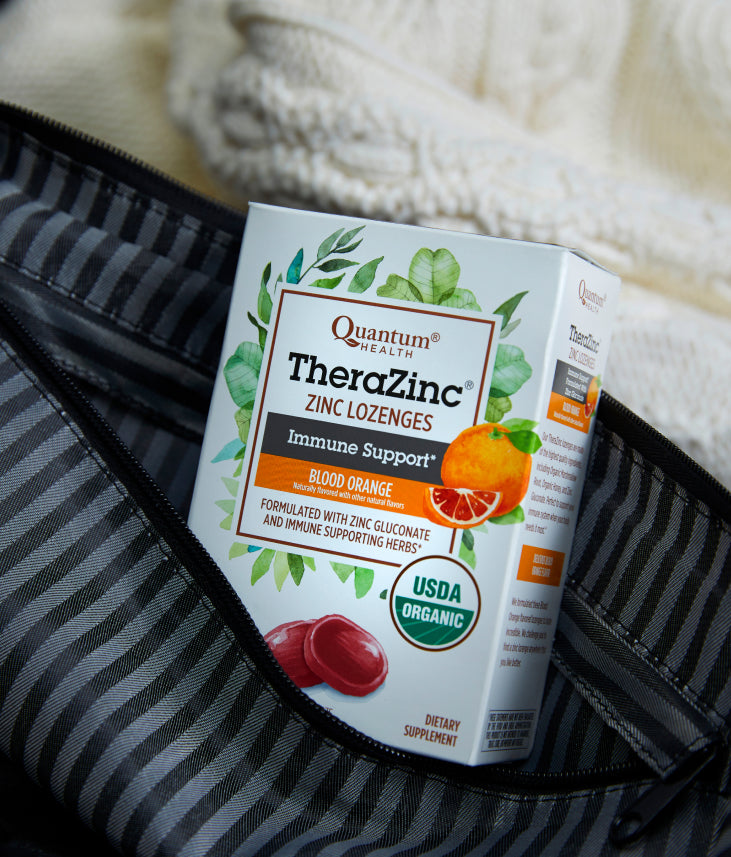What is Zinc Gluconate and What Are The Benefits?
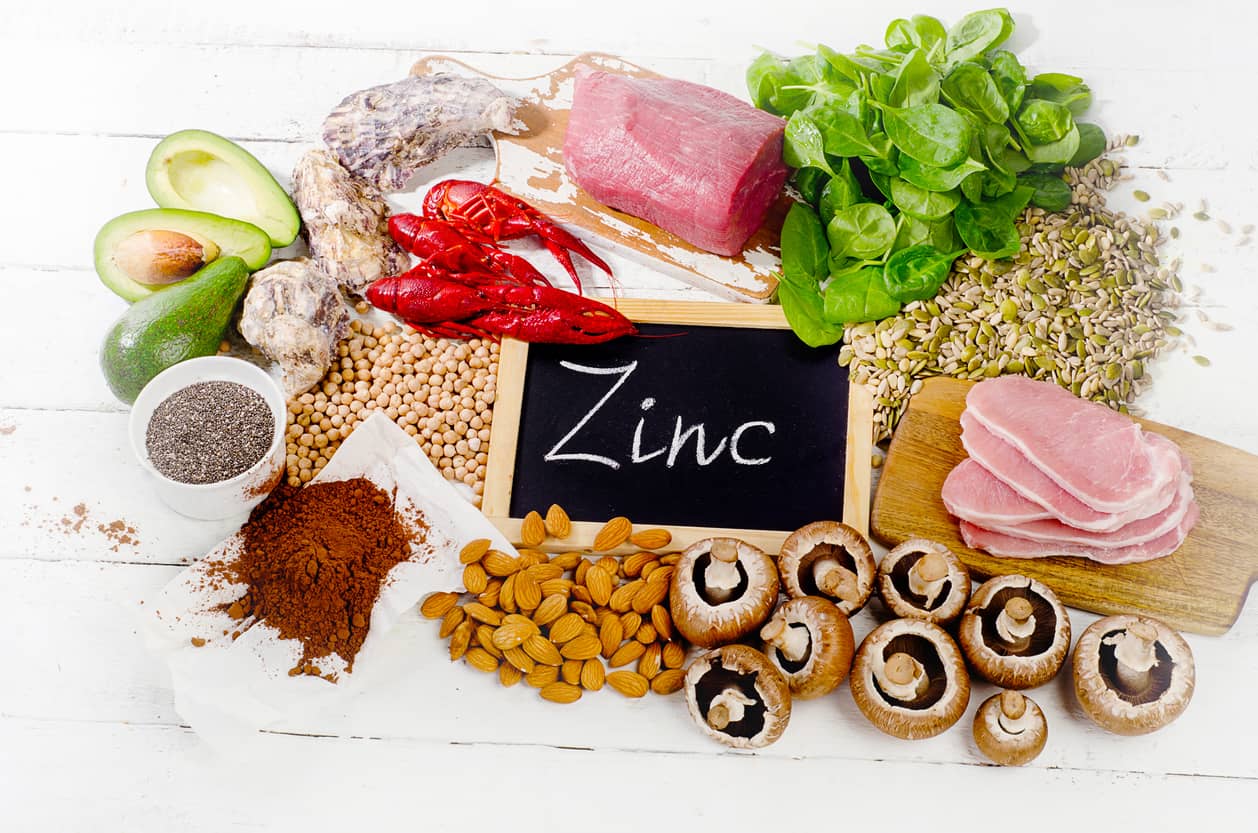
Zinc is a mineral that is essential to many different processes in the body. You don't produce zinc in your body, and you cannot store it. Therefore, you get zinc from the foods that you eat. Red meat, shellfish, and poultry are excellent sources of zinc, and oysters contain more zinc per serving than any other food.
What is Zinc Gluconate?
Zinc is known to play a critical role in cell growth, wound healing, immunity, protein synthesis, DNA synthesis, and it is required for taste and smell to work correctly. Thus, it is crucial to almost every aspect of your health. Therefore, people at risk of zinc deficiency are advised to include foods high in zinc in their daily diets. In certain situations, a doctor might also recommend a zinc supplement. There are different forms of zinc, with zinc gluconate being the most common.
What are some Potential Benefits of Zinc Gluconate?
Zinc is found in every cell in the human body and is required for the activity of about 100 enzymes. The potential benefits of zinc gluconate include:
Supporting your immune system
Zinc plays an essential role in the immune system, and severe zinc deficiency suppresses your immune function. Zinc is needed to develop and activate T-lymphocytes (important white blood cells of the immune system). Studies show that in the elderly population, zinc supplements potentially improve immunity.
Accelerating wound healing
Zinc supplements and products are often used to treat skin ulcers, burns, and injuries, as zinc maintains the integrity of the skin. Zinc is known to be essential in every phase of the wound healing process, from injury right through to repair/remodeling.
Decreasing inflammation
Zinc has several antioxidant and anti-inflammatory effects, including reducing oxidative stress. Oxidative stress is responsible for the development of chronic diseases such as cancer, cardiovascular disease, hypertension, diabetes mellitus, neurodegenerative diseases, rheumatoid arthritis, and more. Therefore, researchers suggest that zinc supplementation may potentially prove to be a useful intervention to assist.
May potentially delay the progression of age-related macular degeneration and vision loss
Studies have shown that zinc could delay the progression of age-related macular degeneration and vision loss.
In a large clinical trial, supplementation with antioxidants plus zinc (but not antioxidants alone without zinc) significantly reduced the risk of developing advanced age-related macular degeneration and reduced vision loss.
Another study of the elderly population in the Netherlands also showed that a high dietary intake of beta carotene, vitamins C and E, and zinc was associated with a substantially reduced risk of age-related macular degeneration.
May help treat acne
Some clinical studies suggest that both topical and oral zinc treatments can effectively treat acne. It is thought that zinc:
- Reduces inflammation.
- Inhibits the growth of specific bacteria, which cause acne.
- Suppress oily gland activity.
May reduce the severity and duration of cold symptoms
Several studies have shown that zinc potentially reduces cold symptoms. For example, one study found that zinc lozenges were associated with reduced duration and severity of cold symptoms. Another review also concluded that zinc lozenges or syrup are beneficial in reducing the duration and severity of cold symptoms when started within 24 hours.
How should you take zinc?
Zinc can be taken as a supplement to your diet in several forms:
- Tablet
- Capsule
- Lozenge
- Extended-release tablet
- Zinc is also found in some topical creams, skin products, and dental adhesive creams.
The National Institutes of Health Office of Dietary Supplements advises that zinc supplements are most effective when taken at least one hour before or two hours after a meal. The dose of zinc recommended will vary as it depends on sex and age. For example, the recommended dietary allowance is 11 mg of zinc per day for adult men and 8 mg per day for adult women in the United States. Always follow your doctor's instructions or directions on the label if you are taking a zinc supplement.
Unless you have a medical condition that makes it difficult to absorb zinc, most people can get their recommended daily allowance of zinc from their diet. High-dose zinc supplements can lead to zinc toxicity, which can cause symptoms such as diarrhea, headache, abdominal cramps, and reduced immunity. It can also interact with some other medications. Therefore, only take a zinc supplement when necessary, and tell your health care provider if you are taking a zinc supplement such as zinc gluconate.
Share
Your share can inspire countless others.























